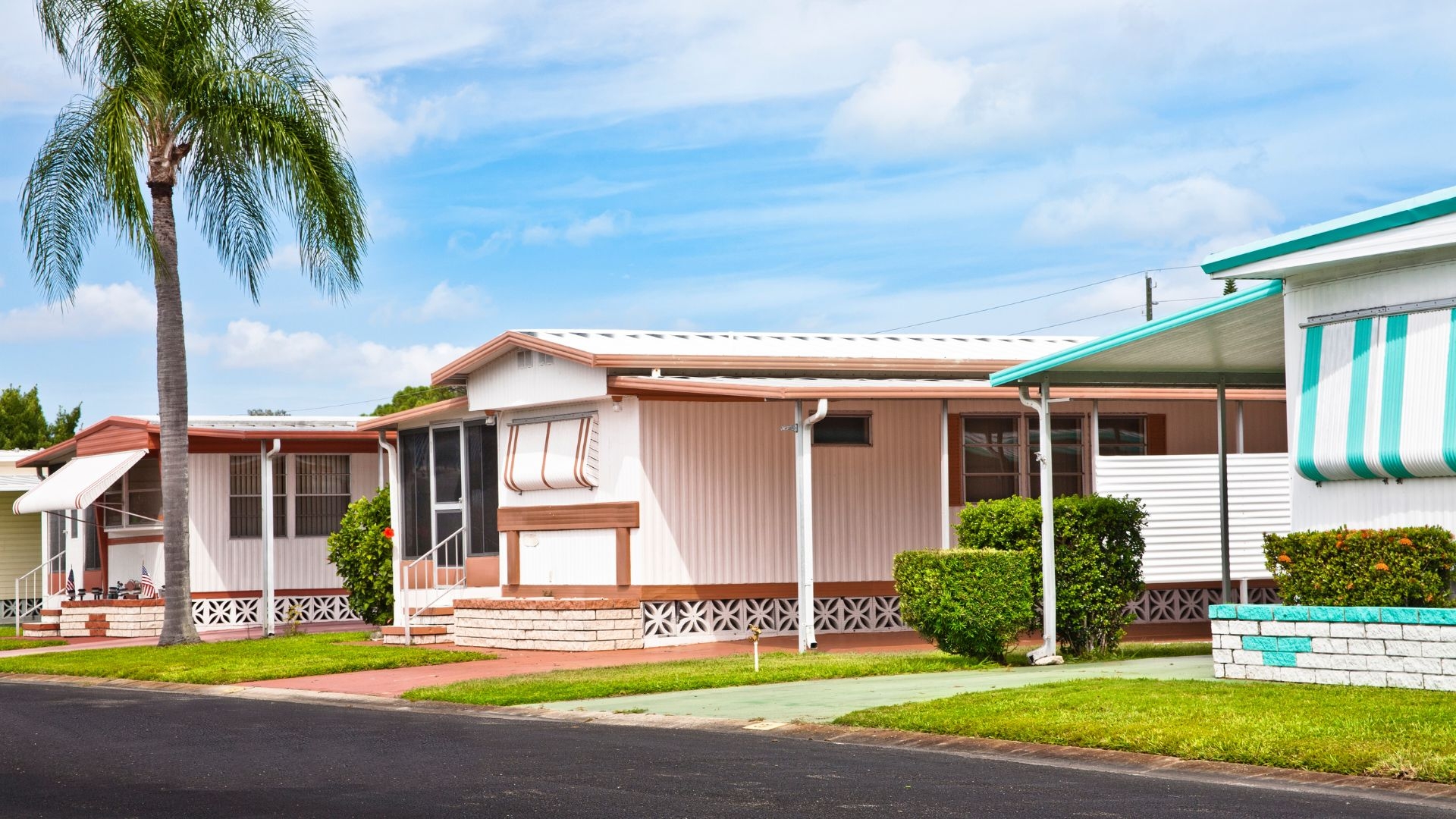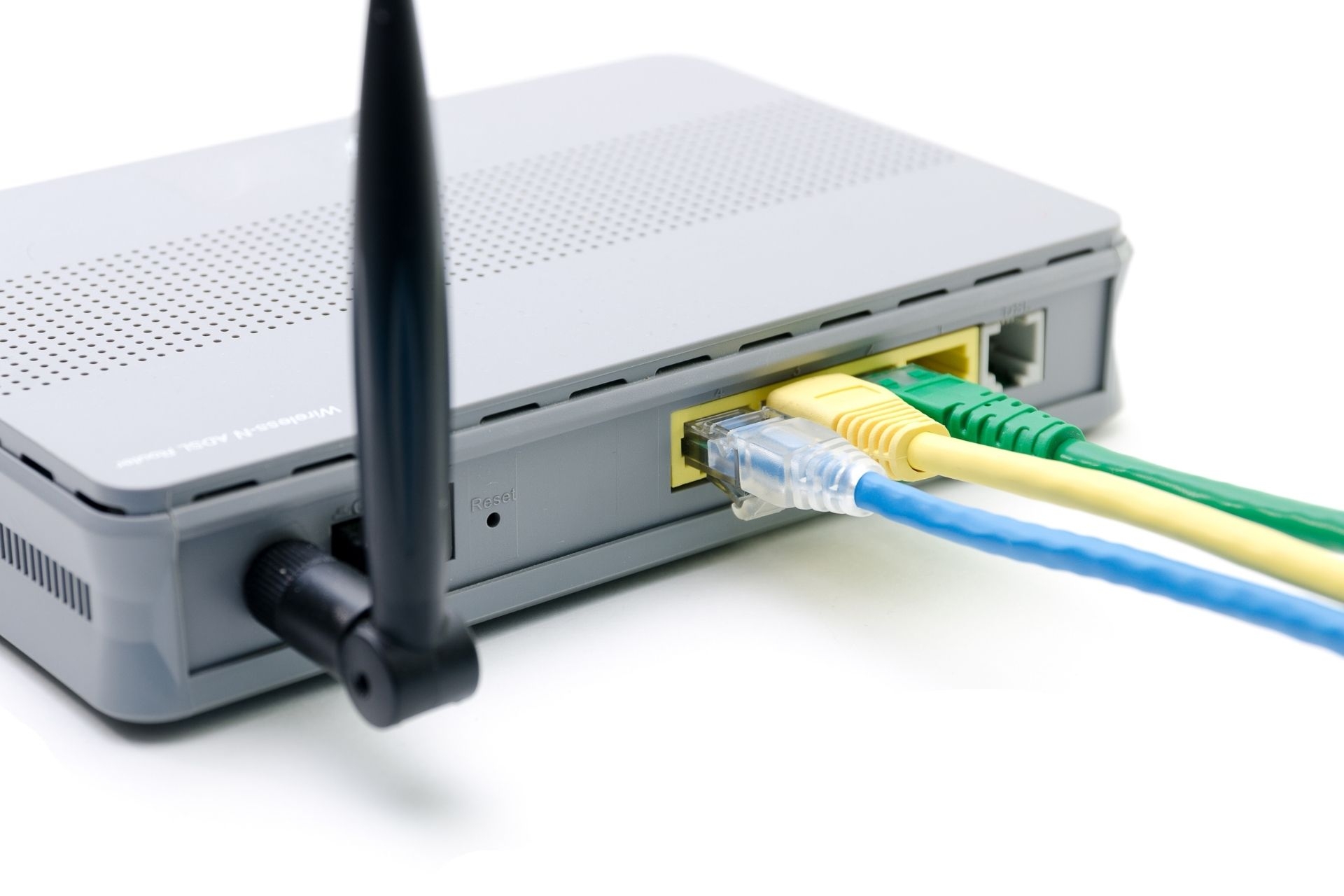MDU Wiring Certifications
What are the different types of MDU wiring certifications available in the industry?
There are several types of MDU wiring certifications available in the industry, including Certified Multi-Dwelling Unit Designer (CMDUD), Certified Multi-Dwelling Unit Technician (CMDUT), and Certified Multi-Dwelling Unit Installer (CMDUI). Each certification focuses on different aspects of designing, installing, and maintaining wiring systems in multi-dwelling units.
Cable Modem Termination Systems (CMTS)



